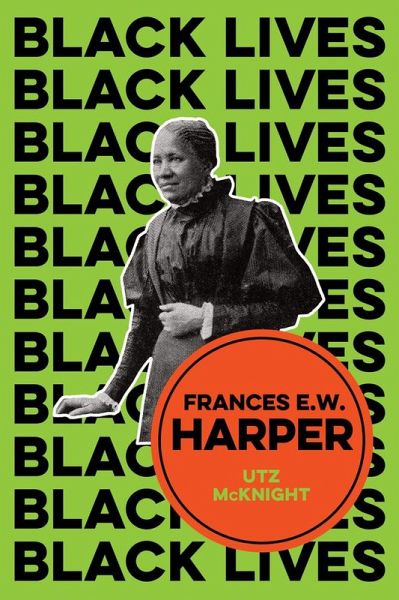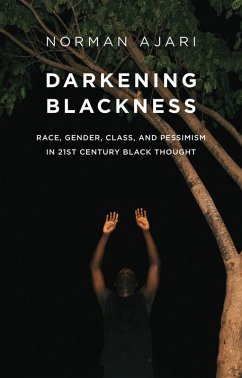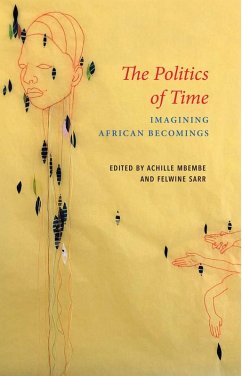
Frances E. W. Harper (eBook, ePUB)
A Call to Conscience
Versandkostenfrei!
Sofort per Download lieferbar
14,99 €
inkl. MwSt.
Weitere Ausgaben:

PAYBACK Punkte
0 °P sammeln!
Free Black woman, poet, novelist, essayist, speaker, and activist, Frances Watkins Harper was one of the nineteenth century's most important advocates of Abolitionism and female suffrage, and her pioneering work still has profound lessons for us today. In this new book, Utz McKnight shows how Harper's life and work inspired her contemporaries to imagine a better America. He seeks to recover her importance by examining not only her vision of the possibilities of Emancipation, but also her subsequent role in challenging Jim Crow. He argues that engaging with her ideas and writings is vital in un...
Free Black woman, poet, novelist, essayist, speaker, and activist, Frances Watkins Harper was one of the nineteenth century's most important advocates of Abolitionism and female suffrage, and her pioneering work still has profound lessons for us today. In this new book, Utz McKnight shows how Harper's life and work inspired her contemporaries to imagine a better America. He seeks to recover her importance by examining not only her vision of the possibilities of Emancipation, but also her subsequent role in challenging Jim Crow. He argues that engaging with her ideas and writings is vital in understanding not only our historical inheritance, but also contemporary issues ranging from racial violence to the role of Christianity. This lucid book is essential reading not only for students of African American history, but also for all progressives interested in issues of race, politics, and society.
Dieser Download kann aus rechtlichen Gründen nur mit Rechnungsadresse in A, B, BG, CY, CZ, D, DK, EW, E, FIN, F, GR, HR, H, IRL, I, LT, L, LR, M, NL, PL, P, R, S, SLO, SK ausgeliefert werden.













